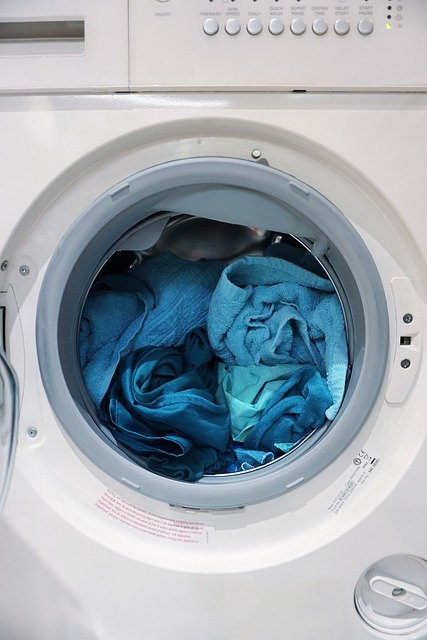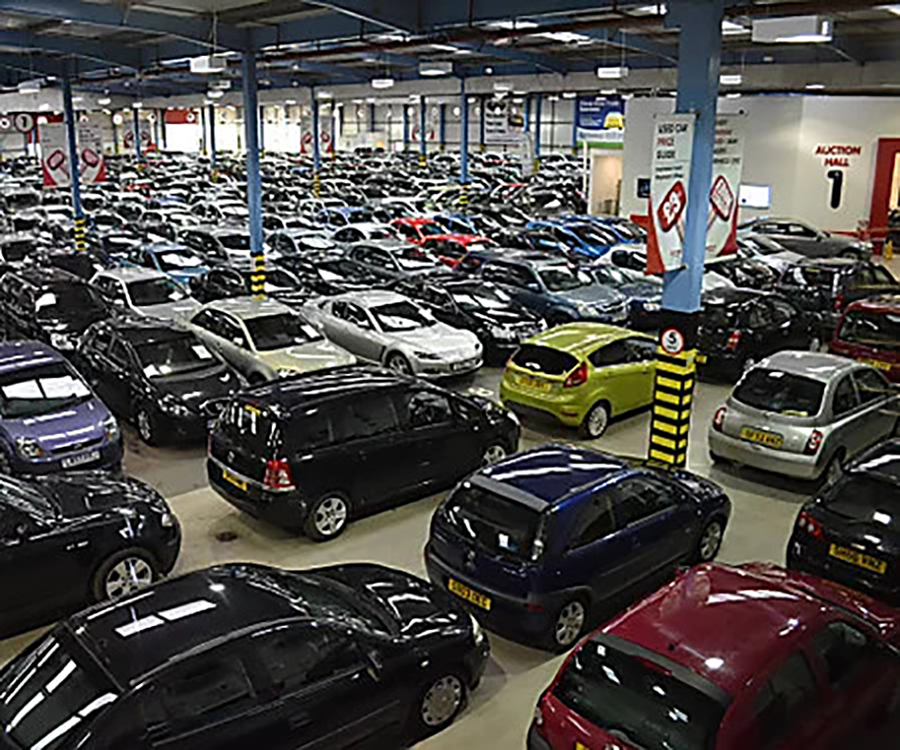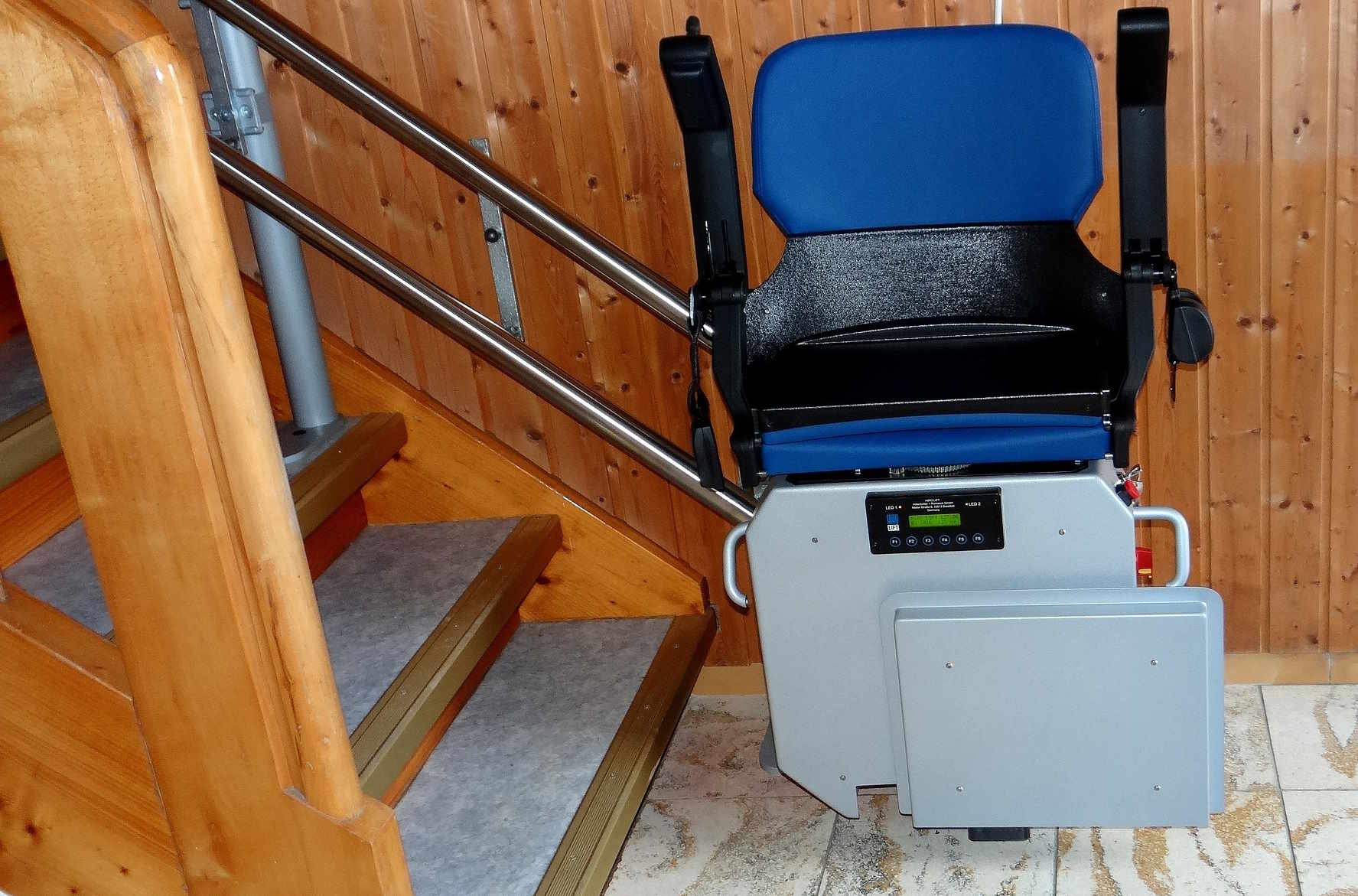Washing Machines: A Comprehensive Guide for UK Households
Washing machines are an essential appliance in modern homes, helping to keep our clothes clean and fresh with minimal effort. This article will explore the key features, types, and considerations when choosing a washing machine for your UK household.

What are the main types of washing machines available?
There are two primary types of washing machines commonly found in the UK market:
-
Front-loading washing machines: These machines have a door on the front and typically offer better energy efficiency and water usage. They are ideal for homes with limited space as they can be stacked with a dryer.
-
Top-loading washing machines: While less common in the UK, these machines have a lid on top and are easier to load and unload. They tend to have shorter wash cycles but may use more water and energy.
Some manufacturers also offer washer-dryer combo units, which combine washing and drying functions in a single appliance. These can be space-saving options for smaller homes or flats.
What key features should I look for in a washing machine?
When shopping for a washing machine, consider the following features:
-
Capacity: Measured in kilograms, this indicates how much laundry the machine can handle per load. Common sizes range from 6kg to 12kg.
-
Energy efficiency rating: Look for machines with high energy ratings (A+++ being the most efficient) to reduce electricity costs and environmental impact.
-
Spin speed: Higher spin speeds (measured in RPM) can extract more water, reducing drying time. Most machines offer speeds between 1000-1600 RPM.
-
Wash programs: Look for a variety of programs tailored to different fabric types and soil levels.
-
Noise level: If your machine will be near living areas, consider models with lower decibel ratings.
-
Smart features: Some newer models offer Wi-Fi connectivity and smartphone control for added convenience.
How do I determine the right size washing machine for my household?
To choose the appropriate capacity:
-
For 1-2 person households: 5-7kg capacity is usually sufficient.
-
For 3-4 person households: 7-9kg capacity is typically recommended.
-
For larger families or those who do laundry less frequently: 9-12kg capacity may be more suitable.
Consider your laundry habits and available space when making your decision. A larger capacity machine may allow for fewer loads, potentially saving time and energy in the long run.
What are the average costs of washing machines in the UK?
Washing machine prices in the UK can vary widely based on brand, features, and capacity. Here’s a general pricing guide:
| Price Range | Type of Machine | Features |
|---|---|---|
| £200-£350 | Budget | Basic functions, smaller capacity (6-8kg) |
| £350-£600 | Mid-range | More programs, better energy efficiency, 8-10kg capacity |
| £600-£1000+ | Premium | Advanced features, largest capacities, best energy ratings |
Prices, rates, or cost estimates mentioned in this article are based on the latest available information but may change over time. Independent research is advised before making financial decisions.
How can I maintain my washing machine for optimal performance?
Regular maintenance can extend the life of your washing machine and ensure it performs efficiently:
-
Clean the detergent drawer and door seal regularly to prevent mould growth.
-
Run a monthly maintenance wash with an empty machine at high temperature.
-
Check and clean the filter (usually located at the front bottom of the machine) every few months.
-
Use the correct amount of detergent to prevent residue build-up.
-
Leave the door open after each wash to allow the drum to dry and prevent odours.
What are some energy-saving tips for using a washing machine?
To reduce energy consumption and costs:
-
Wash full loads whenever possible to maximize efficiency.
-
Use cold water for most washes, as heating water accounts for a significant portion of energy use.
-
Choose the shortest appropriate cycle for each load.
-
Use high spin speeds to reduce drying time, especially if you use a tumble dryer.
-
Consider using off-peak electricity hours if you’re on a time-of-use tariff.
By following these tips and choosing an energy-efficient model, you can minimize the environmental impact and running costs of your washing machine while keeping your clothes clean and fresh.




